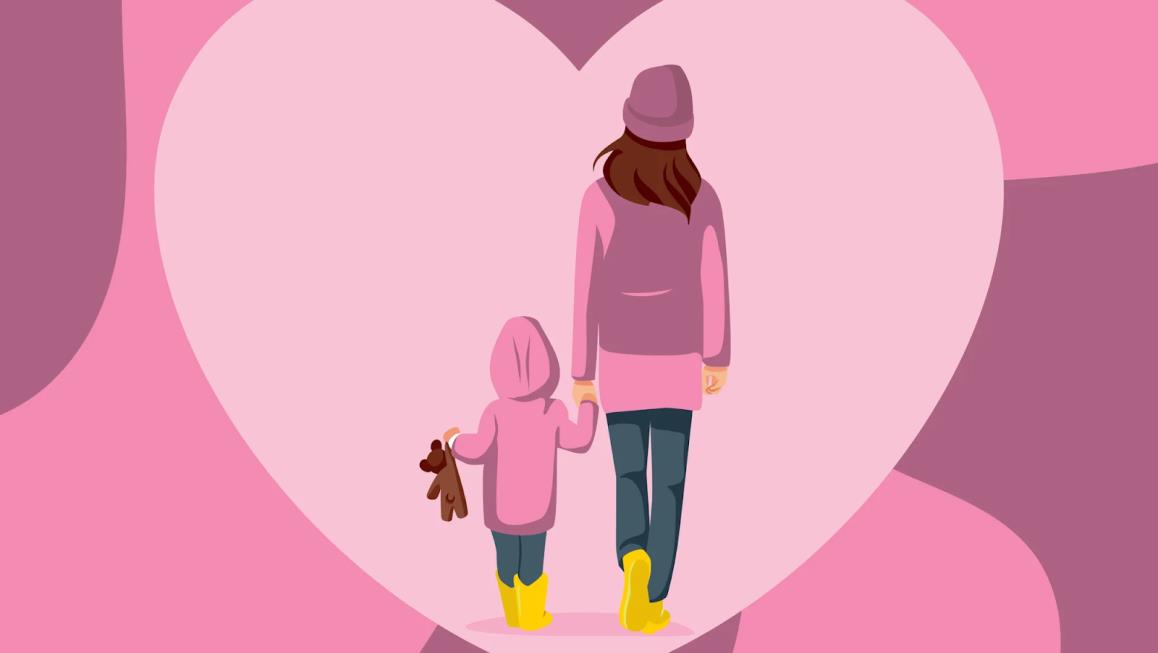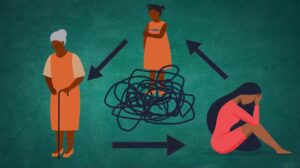Setting the Record Straight on Inner Child Healing
Inner child healing is not a One size fits all solution. This has become a well-loved approach for many people seeking emotional growth. Inner child work is not a miracle cure. It isn’t the right fit for every stage of healing or for every person.
Sometimes, Trauma therapy opens beautiful doors to deep transformation. Sometimes, if it is brought up sooner with not a lot of support, it leads to more struggle that can also land up in relapses, that are worse than the initial episodes of reliving the traumatic phase. Therefore, You deserve therapy that meets you where you are, not where someone else thinks you should be.
What Truly Happens in Inner Child Therapy?
Inner child healing does not entail just endless events of reliving the past. It encompasses the creation of a relationship with parts of yourself that you could not quite let yourself that still carries the past wounds and worries showcased through defenses mostly. In a trauma therapy session, it might look like:
- Guided visualizations where you meet and comfort your younger self
- Conversations where you offer boundaries or compassion to that younger part
- Body-centered practices that help you notice younger emotional states
- Creative activities like drawing, journaling, or play to access feelings beyond words
The aim is to not fix what is happening with your younger self. Rather, it is to lend your ears to tenderness and understand better and to address the safety concerns that may not have been adequate when you needed it the most.
Why Therapists Use Inner Child Work?
When a therapist suggests inner child work, it’s not because they think you are broken. It’s because many adult struggles have roots in younger wounds:
- Anxiety that started when trust was unsafe
- Perfectionism born from needing to earn love
- Chronic shame from feeling unseen or misunderstood
Inner child work helps us move beneath surface symptoms, reaching the original emotional patterns that shaped how we survive today.
But It’s Not for Everyone And That Is Alright
- Timing Matters
Inner child healing work invites vulnerability with parts of you that may have been hidden for years. If you are currently in an acute crisis, struggling with dissociation, or without enough support, it might not be the right time.
You need a strong enough “adult self” to safely hold the child’s feelings. A good trauma therapist will always check your readiness, not just your willingness. Hence, Therapy must honor your pace, not rush your pain.
- Cultural Factors and Personal Fit Matters
Some people, especially those from backgrounds where emotional survival required toughness, might find direct inner child work alien or uncomfortable. This doesn’t mean they cannot heal, it just means therapy must adapt to who they are. Inner child healing is one path, not the only path. Hence, Your healing journey should feel like coming home to yourself, not becoming someone else.
- Depth Matters
Superficial inner child work might say, “Just hug your inner child, and you’re healed!” but true healing is rarely that simple. Authentic inner child therapy touches deep layers like grief, rage, terror, longing.
Trauma therapy unfolds carefully over time, with a therapist who knows how to hold the darkness as well as the light. Real healing welcomes all your feelings—not just the comfortable ones.
A Real Life Therapy Example: When Inner Child Healing Works and When It Doesn’t
A female Client named TSH came to therapy with the complaint of panic attacks. We uncovered deep abandonment wounds early on. Through inner child work, she grieved, found compassion for herself, and over time, her anxiety softened.
A male client named ZRH on the other hand came in with similar symptoms, but when we tried inner child work too soon, it overwhelmed him. His adult self wasn’t stable enough yet. We paused. We built present-day coping tools first. A year later, ZRH revisited inner child work, this time with the strength and stability he needed. Hence, Healing is not a race. It is a relationship with yourself, your pain, and your strength.
The True Purpose Behind Inner Child Healing
Good inner child work is not about staying stuck in the past. It’s about freeing you from emotional burdens so you can live more fully today.
It is not about blaming your caregivers forever. It is not about nursing old wounds endlessly. It is about offering the parts of you that once had no choice the freedom to make new choices now: safety, compassion, agency, and joy. Therefore, Healing means giving your younger self the love and choices they never had and letting yourself move forward with hope.
An Overview on Inner Child Healing with Honesty
Is inner child healing necessary for everyone?
No. Many people heal through cognitive therapies, somatic work, creative expression, or relational healing without ever explicitly focusing on their inner child. Your nervous system knows what it needs.
What if inner child work makes me feel worse?
Some discomfort is normal, but prolonged overwhelm is not. A good therapist will help you stay within your “window of tolerance” and slow down if needed to keep the work safe and supportive.
Can I do inner child healing on my own?
Gentle practices like journaling, visualization, or self-soothing can be done alone. But for deep or painful wounds, professional support often makes the journey safer and more nourishing. You deserve support.
How do I get to know if I’m genuinely ready for inner child work?
Readiness is to do with emotional stability, a willingness to be out and open, with enough support which are internal or external to be able to have space for overflowing difficult emotions. A skilled trauma therapist can help you assess and prepare.
If inner child work doesn’t feel right, what else can help?
Many healing paths exist: trauma-focused CBT, EMDR, somatic experiencing, mindfulness therapies, and more. Inner child work is one beautiful tool among many. Hence, Healing isn’t about fitting yourself into someone else’s idea of recovery, it’s about honoring what your soul needs to heal.
Why CoachForMind?
- We don’t merely address symptoms. We examine what’s really happening beneath the surface, past pain, trauma, or recurring patterns. You’ll collaborate with trained psychologists. Everyone here possesses the required qualifications and experience. You’ll engage with someone who listens and comprehends profoundly.
- Therapy is designed specifically for you.We don’t adhere to a rigid plan. We tailor the process based on your needs and current situation.
- We utilize various forms of therapy: Psychodynamic, IFS (Internal Family Systems), Somatic (body-oriented work), CBT and DBT and Narrative Therapy.
- It’s an environment to develop at your own rhythm.
You don’t need to feel “prepared. ” Just come as you are. We’ll navigate this journey together.
For more information, please visit our website or contact us directly at coachformind@gmail.com







